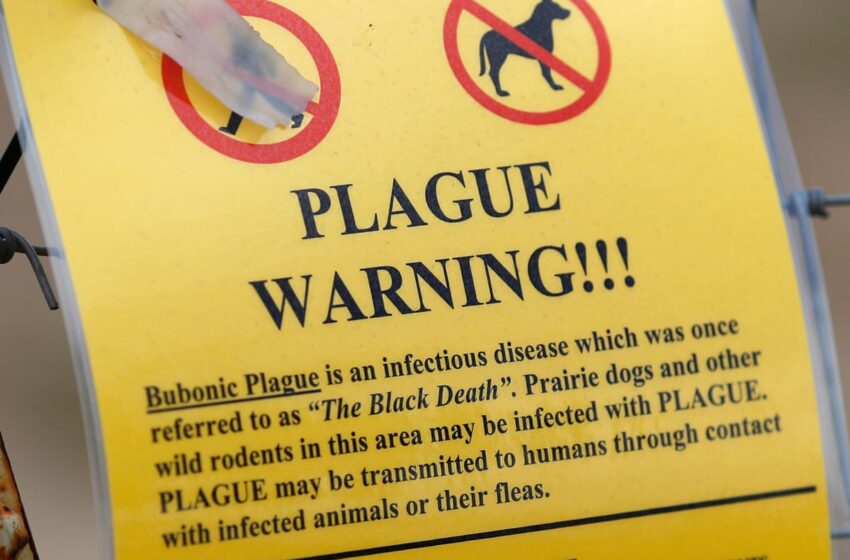Plague returns to South Lake Tahoe: What you need to know

A warning sign in a parking lot in Commerce City, Colorado, on 10 August 2019. Photograph: David Zalubowski/AP
Authorities confirmed that a South Lake Tahoe resident tested positive for bubonic plague, a potentially serious bacterial disease, after being bitten by an infected flea while camping in El Dorado County. The patient is currently recovering at home under medical care. This marks the first human case in the area since 2020, highlighting that the threat, though rare, remains very real.
What Is Plague? Understanding the Threat Behind the Name
Plague is caused by the bacterium Yersinia pestis, primarily transmitted to humans through flea bites or direct contact with infected animals like squirrels and chipmunks. The most common form, bubonic plague, typically manifests within two weeks of exposure and triggers symptoms such as fever, nausea, weakness, and painful, swollen lymph nodes. Left untreated, it may progress to more severe forms like septicemic or pneumonic plague. However, early antibiotic treatment is highly effective.
READ ALSO
Legionnaires’ disease outbreak: What to know about precautions and symptoms
Chikungunya virus outbreak in China: What you should know
Monitoring and Previous Cases: A History of Vigilance
El Dorado County health officials have long monitored plague activity, and their efforts show it’s a constant, silent presence. From 2021 to 2024, 41 rodents tested positive for plague in the Tahoe Basin. So far in 2025, four more have tested positive. Previous human cases in the area include one in 2020 and two in 2015 in Yosemite National Park, all of whom fully recovered after treatment. On a national scale, there are an average of seven plague cases per year in the U.S., mostly in western rural states.
Outdoor Precautions: How to Stay Safe When Camping or Hiking
Health officials urge those exploring California’s high-elevation regions, especially campers and hikers, to take precautions:
- Avoid contact with wild rodents and their burrows. Do not feed, touch, or disturb them.
- Keep pets leashed and away from rodent habitats. Pets can carry infected fleas into the home.
- Wear long pants tucked into boots and apply insect repellent (DEET) to reduce flea contact.
- If you develop symptoms after outdoor exposure, like fever or swollen lymph nodes, seek medical care immediately and tell your provider about possible plague exposure.

